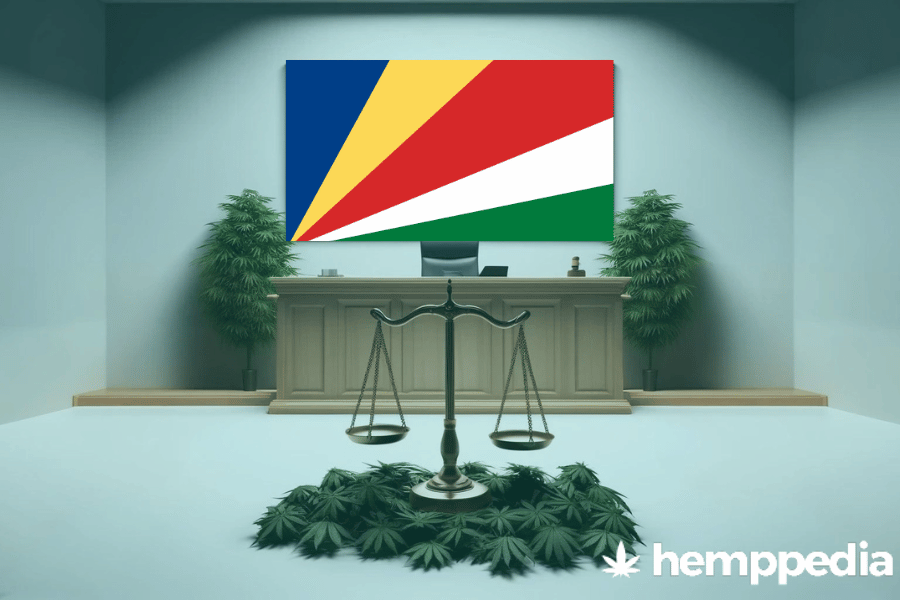TL;DR: The laws regarding CBD and other cannabis-related products vary dramatically around the world. In Seychelles, while there is increased global interest and legal adjustments regarding this substance, the laws remain stringent. As it currently stands, CBD is considered illegal under Seychelles’ law. This blog will delve deeper into the intricacies of this regulation.
Overview of CBD Legislation in the Seychelles
CBD, or cannabidiol, is one of the primary chemical compounds found in cannabis plants, including hemp and marijuana. Unlike its sister compound THC (tetrahydrocannabinol), CBD doesn’t produce a psychoactive effect, making it attractive for therapeutic use. In Seychelles, the Misuse of Drugs Act regulates CBD, classifying it as a “Schedule 1” drug.
| Legal Factor | Current Status |
|---|---|
| Personal Use | Illegal |
| Possession | Illegal |
| Manufacture/Sale | Illegal |
| Import/Export | Illegal |
Regulatory Bodies
The Ministry of Health, together with the Anti-Narcotics Bureau, regulate drug use and are responsible for enforcing drug-related laws in Seychelles.
Historical Context
The Misuse of Drugs Act has been in place in Seychelles since 1990, and there have been no known amendments to this legislation regarding the status of CBD or any other cannabis byproducts.
Possession, Use, Cultivation, and Sales
We reiterate, both personal use and possession of CBD are deemed illegal under current Seychelles law. There appear to be no distinctions made related to THC content, type of CBD products, or hemp vs. marijuana. Furthermore, the cultivation of hemp and the production or sale of CBD products are also prohibited by law.
Enforcement and Penalties
Non-compliance with the Misuse of Drugs Act can result in severe consequences in Seychelles. Possessing any amount of a drug listed as Schedule 1, including CBD, carries a minimum sentence of five years imprisonment and a fine of SCR50,000.
Comparative Analysis with other Countries
Seychelles’ stance on CBD sharply contrasts the legal adjustments happening globally, where some countries have legalized or decriminalized CBD, particularly for medical use. This divergence raises questions about the potential for future legislative reform.
Conclusion
In conclusion, under Seychelles’ law, CBD currently remains illegal for personal use, possession, manufacturing, and importing/exporting, with stringent penalties for violations. Future developments and any proposed adjustments to this legislation should be closely monitored to understand the evolving landscape of CBD regulation in Seychelles.





